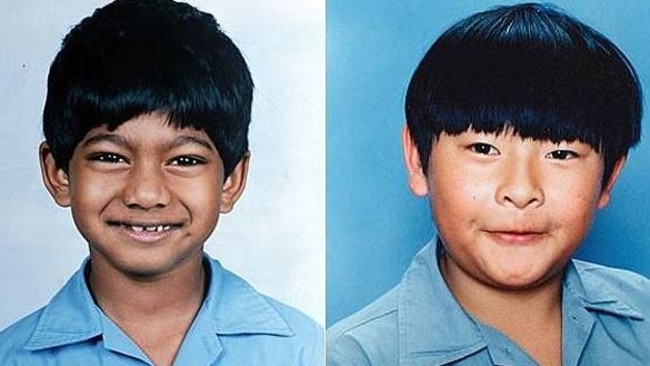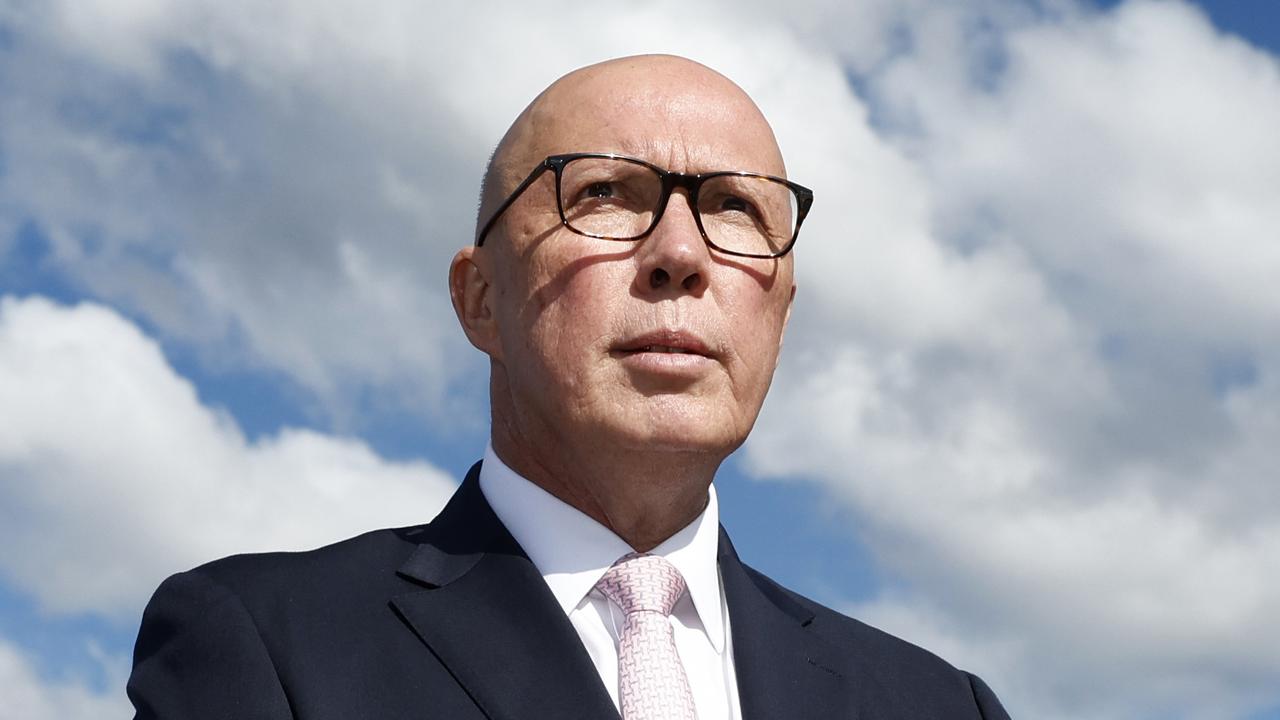Australian government under pressure to act after execution of Bali Nine pair by Indonesia
ANGER and resentment is growing in Australia following the executions of Andrew Chan and Myuran Sukumaran. But what are Tony Abbott and Julie Bishop planning next?
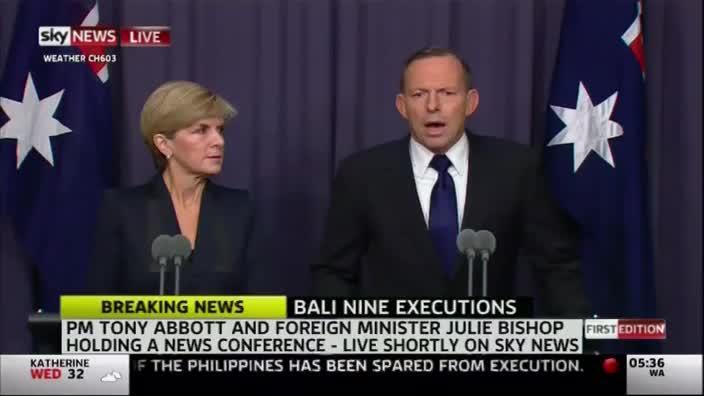
AUSTRALIA is withdrawing its ambassador to Indonesia in response to the “cruel and unnecessary” executions of Bali Nine ringleaders Andrew Chan and Myuran Sukumaran, Prime Minister Tony Abbott said this morning.
Mr Abbott joined Foreign Minister Julie Bishop at a media conference in Canberra this morning where he said the relationship between the two countries, while important, “could not be business as usual”.
Mr Abbott said Australia “ deeply regrets” the executions of Andrew Chan and Myuran Sukumaran” because they were “cruel and unnecessary”, given the long period the pair had been in jail and how successful their rehabilitation had been.
“We respect Indonesia’s sovereignty but we do deplore what’s been done and this cannot be simply business as usual. For that reason, once all the courtesies have been extended to the Chan and Sukumaran families our ambassador will be withdrawn for consultations.
His comments come as controversial mining magnate and MP Clive Palmer called on all Australians to show their protest with Indonesia by cancelling trips to Bali.
“I call on all Australians to do what they can to protest over the handling of this matter in Indonesia,” Mr Palmer said.
“We can’t do much for the people that have lost their lives or their families but we can ensure that they are like a beacon of hope for those who go after them to ensure this doesn’t happen again.
The hashtags #boycottindonesia and #boycottbali have been trending on social media all morning as outrage in Australia grows
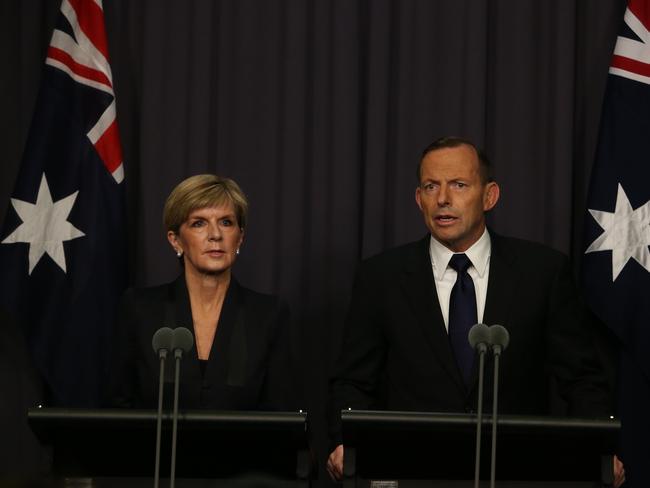
At his media conference Mr Abbott said: “I want to stress that this is a very important relationship between Australia and Indonesia but it has suffered as a result of what’s been done over the last few hours.”
Mr Abbott said recalling the ambassador, Paul Grigson, was a significant and unusual step, adding ministerial contact with Indonesian political leaders had already been abandoned.
The Prime Minister was hopeful the executions would not permanently damage the relationship with Indonesia, but he did say it was a “a dark moment” for the two countries.
Ms Bishop told reporters the Australian government hadn’t received official confirmation of the executions.
“Our consular officials will arrange for the bodies to be repatriated to Australia and to ensure that they are treated with appropriate dignity,” she said.

Ms Bishop didn’t deny the pair had committed a serious crime but said the executions were “senseless” given the changes they had both made to their lives.
The recalling of the ambassador was being done to let Indonesia know just how seriously Australia viewed the treatment of its citizens, she said.
She said efforts were made right up until the last minute to try and stop the executions.
Labor leader Bill Shorten said the opposition supported the Government’s move, labelling the execution “a disgusting act”.
“This cannot go without reaction and outrage from Australians,” Mr Shorten said.
He said Labor would campaign strongly against the death penalty in Indonesia and other countries.
Earlier, the Foreign Minister had been warning there would be consequences in the weeks leading up to the executions.
“Of course there will be have to be consequences but I don’t want to go into the details,” Ms Bishop told ABC television hours before the pair was shot to death by firing squad on the prison island of Nusakambangan.
“They (Indonesian officials) have not responded to any of our requests and there are a number of outstanding requests to which we have still not yet received a response. I’m obviously very dismayed by what has gone on in recent weeks.”
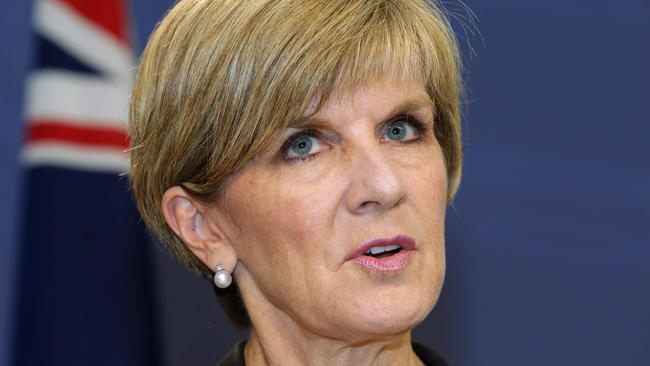
Statement from PM Abbott & Julie Bishop following executions of Andrew Chan & Myuran Sukumaran #Bali9 pic.twitter.com/FJYT7mSIeG ( brihonyspeed
— Sky News Australia (@SkyNewsAust) April 28, 2015
Other talk has been of cutting foreign aid, though Ms Bishop has refused to be drawn on what Australia might do next.
Australia’s Consul to Bali, Majell Hind will receive the bodies of Chan and Sukumaran and sign for legal responsibility at a port on Nusakambangan after they were taken to a killing ground and shot at about 3.30am, Australian Eastern time.
Steven Ciobo, the parliamentary secretary to Ms Bishop, was the first Australian politician to respond, tweeting a scathing and mournful message and possibly signalling further condemnation to come.
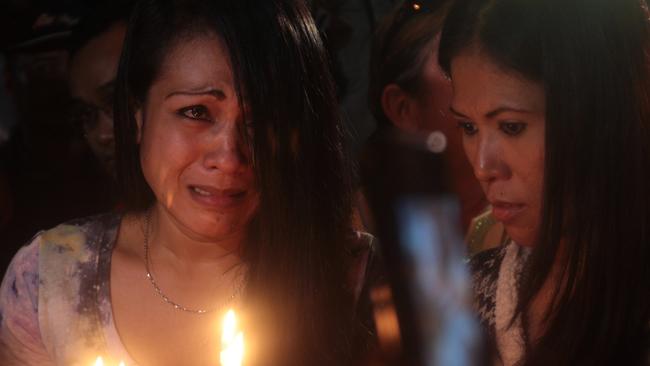
“There are few greater displays of abuse of state power and regressive thinking than the death penalty,” he wrote. “#RIP”
Opposition Leader Bill Shorten and his deputy Tanya Plibersek quicklycondemned “in the strongest possible terms” the “barbaric” actions of Indonesia.
“Our best hopes have been dashed and our worst fears realised,” they said in a joint statement.
“It was completely unacceptable for Indonesia to proceed as it did when critical legal processes were yet to run their course, raising serious questions about Indonesia’s commitment to the rule of law,” the pair said.
They said the executions called for a “strong response from the Australian government.”
Greens leader Christine Milne said Australia should advocate an end to the death penalty, especially throughout its Asia Pacific neighbours.
“Capital punishment must be abolished wherever in the world it is still carried out,” she said.
The government is yet to officially respond, but is already facing widespread pressure to act.
International human rights lawyer Geoffrey Robertson said Australia should cut off aid to Indonesia and give the $600 million to earthquake-ravaged Nepal. He joined a vigil in Sydney on Tuesday night, with others being held in Melbourne, Canberra and Brisbane.
Indonesia has not just robbed two young men of their lives but robbed itself of two examples of the strengths of its justice system.
— Bill Shorten (@billshortenmp) April 28, 2015
The death penalty is barbaric and inhumane torture. Murder is murder.
— Fiona Scott (@FionaScottMP) April 28, 2015
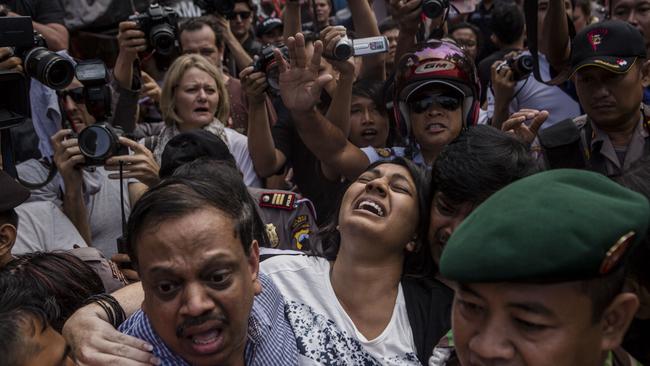
ANU Associate Professor Gregory Fealy told Sky News it would probably have symbolic significance than practical significance — although that could be what the government intends.
“Australia doesn’t have a tradition of recalling ambassadors, I think the last time we did it was with Fiji after the coup and a great many people in DFAT regard that as not having been particularly successful on that occasion,” Prof Fealy said.
It would also limit Australia’s representation in Indonesia, as while the country would still have a charge d’affaires to represent its interests, the ambassador has seniority and access to the highest levels of government.
He said the alternative would be for political leaders to release a very strong statement. They could also suspend or halt Australian programs, but this carries the risk that there could be retaliation.
“Some areas that are important to us such as counterterrorism cooperation, boat people movements and things like that, if the Indonesians were to halt their collaboration with us that would have direct impact on Australian so that’s why it requires a very considered calculation by the Abbott Government.”
While a group of actors produced a video saying Tony Abbott should have gone to Jakarta to bring the drug smugglers home, Ms Bishop said expert advice warned against a prime ministerial trip to Indonesia.
“Clearly, if travelling to Indonesia would make a difference, we would have gone there,” she told the Nine Network on last night.
